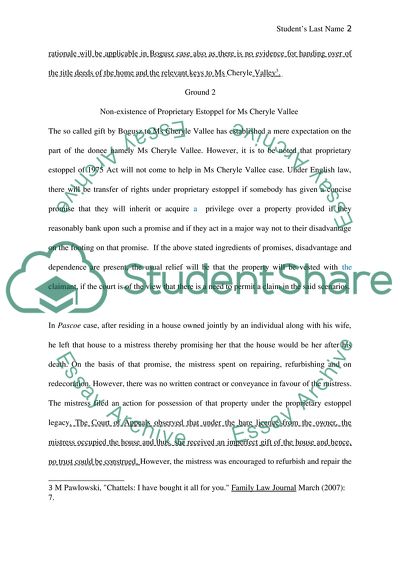Cite this document
(“Grounds For Appeal On The Administrative Law Essay”, n.d.)
Retrieved from https://studentshare.org/law/1625440-draft-the-grounds-of-appeal-re-bogusz-2013
Retrieved from https://studentshare.org/law/1625440-draft-the-grounds-of-appeal-re-bogusz-2013
(Grounds For Appeal On The Administrative Law Essay)
https://studentshare.org/law/1625440-draft-the-grounds-of-appeal-re-bogusz-2013.
https://studentshare.org/law/1625440-draft-the-grounds-of-appeal-re-bogusz-2013.
“Grounds For Appeal On The Administrative Law Essay”, n.d. https://studentshare.org/law/1625440-draft-the-grounds-of-appeal-re-bogusz-2013.


